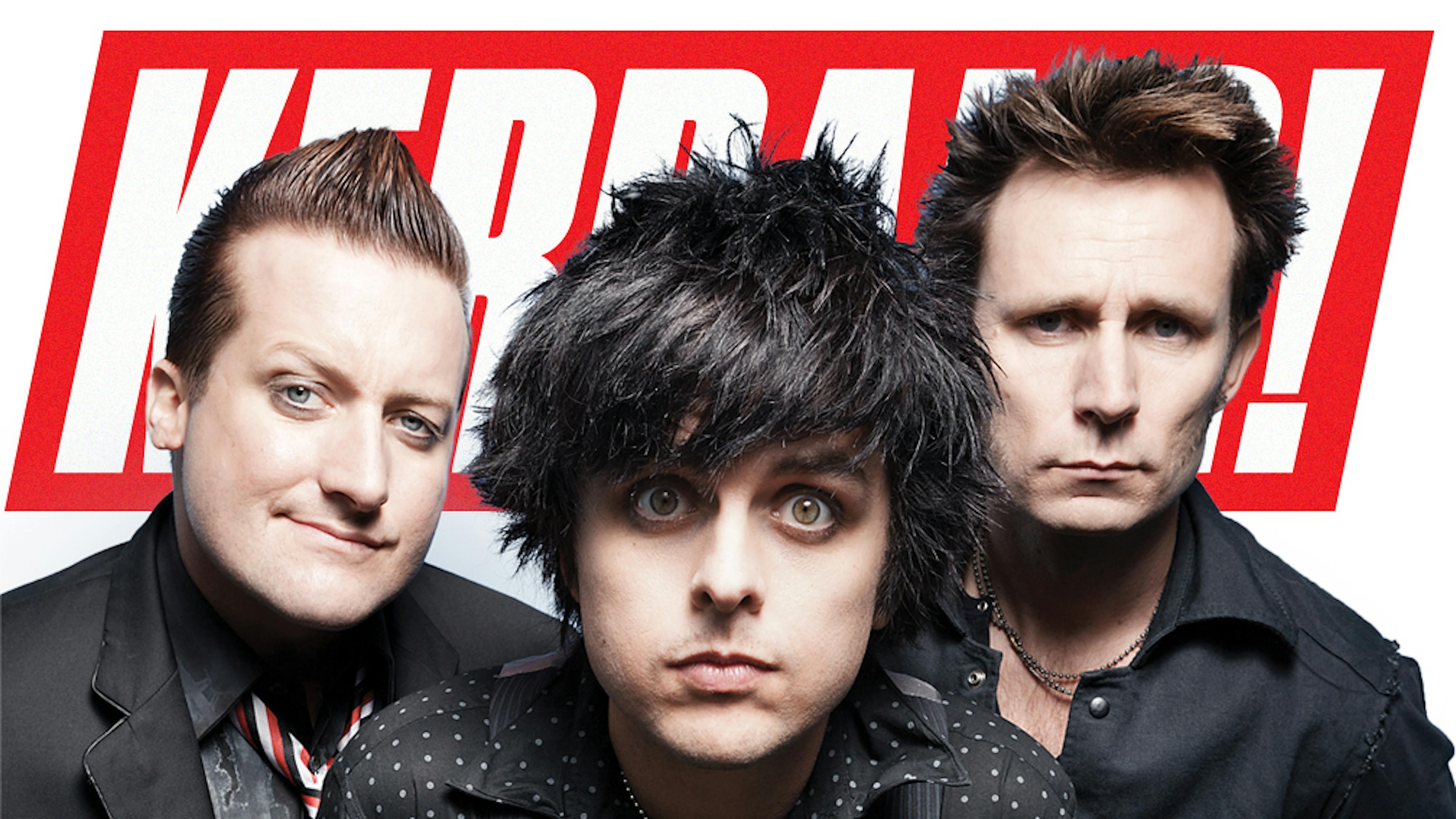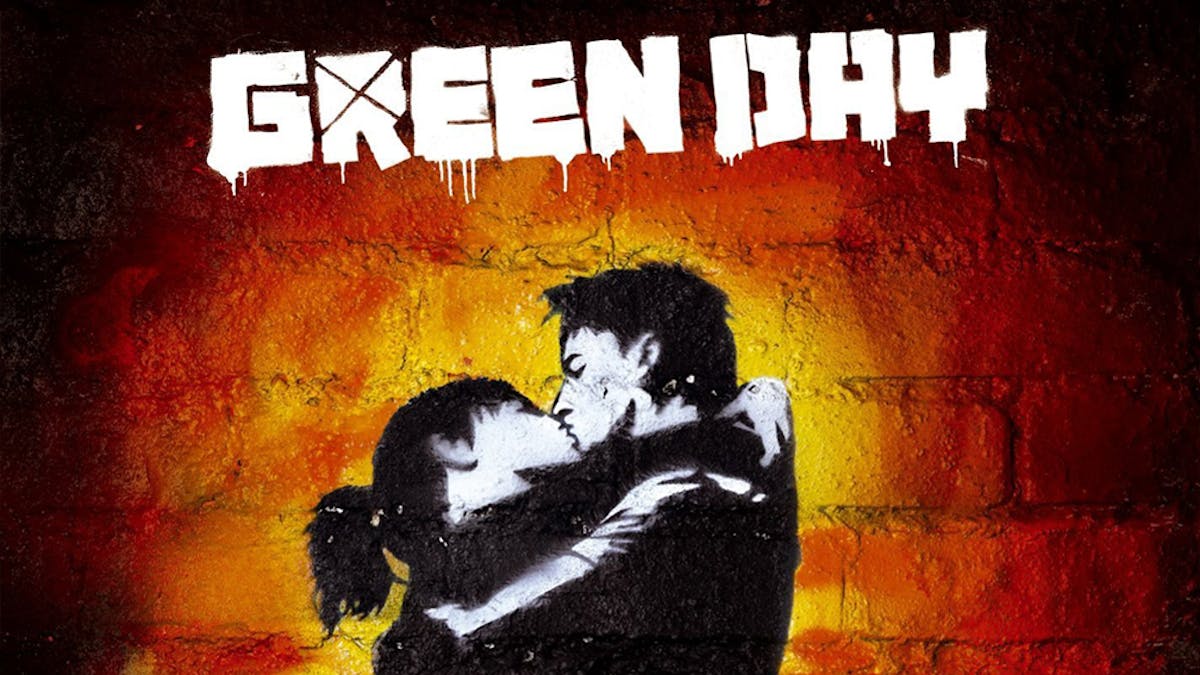Green Day, the iconic punk rock band from California, has left an indelible mark on the world of music and beyond. Emerging from the vibrant San Francisco (SF) punk scene in the late 1980s, Green Day quickly rose to prominence with their raw energy, relatable lyrics, and unforgettable melodies. Their journey from underground punk pioneers to global rock stars is nothing short of legendary. But what makes Green Day’s connection to San Francisco so significant? The city not only shaped the band’s early sound but also served as a cultural catalyst, influencing their artistic evolution and cementing their place in music history. In this article, we delve deep into everything you need to know about Green Day SF and its cultural impact, exploring their roots, milestones, and the enduring legacy they’ve built over decades.
From humble beginnings in the East Bay to headlining sold-out arenas worldwide, Green Day’s rise is a testament to their relentless passion and creativity. Their music resonates with fans of all ages, addressing themes of rebellion, love, identity, and social justice. The band’s association with San Francisco, a city synonymous with counterculture movements and artistic innovation, adds layers of depth to their story. As we explore their journey, we’ll uncover how Green Day harnessed the spirit of SF to create music that transcends generations and borders. This article aims to provide a comprehensive look at their evolution, cultural contributions, and the lasting influence they’ve had on the music industry and beyond.
Green Day’s impact extends far beyond their chart-topping hits and Grammy Awards. They’ve become cultural icons, inspiring countless musicians and fans alike. By examining their ties to San Francisco, their groundbreaking albums, and their role in shaping modern punk rock, we’ll paint a vivid picture of why Green Day remains one of the most beloved bands in history. Whether you’re a long-time fan or new to their music, this article will offer insights into the band’s origins, key moments, and the cultural ripple effects of their work. Let’s dive in and uncover everything you need to know about Green Day SF and its cultural impact.
Read also:Vitahustle Side Effects The Real Story You Need To Hear
Table of Contents
- Who Are Green Day? A Comprehensive Biography
- Early Days in San Francisco: How Did It All Begin?
- What Role Did SF Play in Shaping Their Sound?
- Key Albums and Milestones
- How Did Green Day Revolutionize Punk Rock?
- What Is the Band's Cultural Legacy?
- The Influence of Green Day on Modern Music
- Can Green Day Still Resonate With New Generations?
- Frequently Asked Questions
- Conclusion: A Lasting Legacy
Who Are Green Day? A Comprehensive Biography
Green Day, formed in 1986 in East Bay, California, is a band that redefined punk rock for millions of listeners worldwide. The core trio consists of Billie Joe Armstrong (lead vocals and guitar), Mike Dirnt (bass and backing vocals), and Tré Cool (drums). Their journey began in high school when Armstrong and Dirnt bonded over a shared love for punk music. Initially called Sweet Children, the band evolved into Green Day, inspired by their fondness for cannabis and its association with creativity.
Below is a snapshot of the band’s biographical details:
| Member | Full Name | Birthday | Role in Band |
|---|---|---|---|
| Billie Joe Armstrong | Billie Joe Armstrong | February 17, 1972 | Lead Vocals, Guitar |
| Mike Dirnt | Michael Ryan Pritchard | May 4, 1972 | Bass, Backing Vocals |
| Tré Cool | Frank Edwin Wright III | December 9, 1972 | Drums |
Green Day’s early years were steeped in the DIY ethos of punk rock, playing shows in garages and small clubs around the Bay Area. Their big break came with the release of their major-label debut album, Dookie, which catapulted them to international fame. Since then, they’ve released numerous critically acclaimed albums, earning accolades such as multiple Grammy Awards and induction into the Rock and Roll Hall of Fame.
Early Days in San Francisco: How Did It All Begin?
The Bay Area, particularly San Francisco, played a pivotal role in shaping Green Day’s early career. The city’s rich musical heritage and thriving punk scene provided fertile ground for the band to hone their craft. In the late 1980s, San Francisco was a hub for underground music, attracting artists who sought to push boundaries and challenge norms. Green Day immersed themselves in this environment, performing at venues like 924 Gilman Street, a DIY punk club that emphasized community and inclusivity.
These early experiences instilled in the band a commitment to authenticity and grassroots values. They embraced the DIY ethos, self-producing their early albums and distributing them independently. This hands-on approach allowed them to maintain creative control while building a dedicated fanbase. As they gained traction, San Francisco’s diverse cultural landscape influenced their songwriting, encouraging them to explore themes of social justice, personal struggles, and political activism.
What Role Did SF Play in Shaping Their Sound?
San Francisco’s influence on Green Day’s music cannot be overstated. The city’s eclectic mix of genres and subcultures inspired the band to experiment with different sounds, blending punk rock with elements of pop, rock, and even ska. This fusion resulted in a unique style that appealed to a broad audience, setting them apart from their contemporaries. The Bay Area’s emphasis on authenticity and innovation encouraged Green Day to take risks and challenge conventions, both musically and lyrically.
Read also:Is Kollyy Legit Unveiling The Truth Behind The Hype
For example, their breakthrough album Dookie showcased a polished yet raw sound that resonated with mainstream audiences while retaining the edge of punk rock. Songs like “Basket Case” and “When I Come Around” highlighted their ability to craft catchy hooks while addressing complex emotions. The city’s vibrant arts scene also inspired them to incorporate visual storytelling into their music videos and live performances, further enhancing their artistic identity.
Key Albums and Milestones
Green Day’s discography is a testament to their growth as artists and their impact on the music industry. From their debut album 1,000 Hours to the critically acclaimed American Idiot, each release marks a significant chapter in their career. Dookie, released in 1994, remains one of their most successful albums, selling over 20 million copies worldwide and introducing their music to a global audience.
Other notable milestones include:
- Nimrod (1997) – Expanding their musical palette with tracks like “Good Riddance (Time of Your Life).”
- Warning (2000) – A more mature sound with introspective lyrics.
- American Idiot (2004) – A rock opera addressing political and social issues, earning them a Grammy for Best Rock Album.
- ¡Uno!, ¡Dos!, ¡Tré! (2012) – A trilogy of albums showcasing their versatility.
How Did Green Day Revolutionize Punk Rock?
Green Day’s influence on punk rock is undeniable. They redefined the genre by making it more accessible without compromising its core values. By incorporating pop sensibilities into their music, they attracted a wider audience while maintaining the raw energy and rebellious spirit of punk. Their success proved that punk rock could thrive in the mainstream without losing its authenticity.
Moreover, Green Day used their platform to address important social and political issues, challenging stereotypes about punk rock being solely about rebellion and chaos. Albums like American Idiot tackled topics such as war, censorship, and corporate greed, sparking conversations and inspiring fans to think critically about the world around them. Their ability to blend entertainment with activism has set a precedent for future generations of musicians.
What Is the Band's Cultural Legacy?
Green Day’s cultural legacy extends beyond their music. They’ve become symbols of resilience, creativity, and social consciousness. Their willingness to tackle controversial subjects and advocate for marginalized communities has earned them respect and admiration from fans and critics alike. Through their music, they’ve created a space where people from diverse backgrounds can come together and find common ground.
Their impact is evident in the countless bands and artists who cite Green Day as an influence. By breaking barriers and proving that punk rock could achieve mainstream success, they paved the way for others to follow in their footsteps. Their induction into the Rock and Roll Hall of Fame in 2015 solidified their status as one of the most influential bands in history.
The Influence of Green Day on Modern Music
Green Day’s influence on modern music is profound. They’ve inspired a new wave of punk rock and alternative bands, many of whom draw inspiration from their ability to blend genres and address relevant issues. Bands like My Chemical Romance, Paramore, and Fall Out Boy have cited Green Day as major influences, citing their innovative approach to songwriting and their commitment to authenticity.
Beyond punk rock, Green Day’s impact can be seen across various genres. Their use of storytelling and narrative-driven lyrics has influenced countless artists, encouraging them to explore deeper themes and connect with audiences on a personal level. Their success has also demonstrated the power of authenticity in the music industry, proving that staying true to one’s roots can lead to lasting success.
Can Green Day Still Resonate With New Generations?
Absolutely. Green Day’s timeless appeal lies in their ability to adapt and evolve with the times while staying true to their core values. Their music continues to resonate with new generations, speaking to universal themes of identity, rebellion, and self-discovery. As social and political issues remain relevant, their commitment to activism and awareness ensures their music remains relevant and impactful.
Furthermore, their continued presence in the music industry, through new releases and live performances, keeps them connected with both old and new fans. Their ability to innovate and experiment with their sound guarantees that they’ll remain influential for years to come.
Frequently Asked Questions
Why Is Green Day Considered a Punk Rock Band?
Green Day is considered a punk rock band due to their origins in the punk scene and their adherence to its core principles. Their fast-paced, energetic music, DIY ethic, and focus on social and political issues align with the tenets of punk rock. While they’ve incorporated elements of other genres, their roots in punk remain central to their identity.
What Are Some Must-Listen Green Day Songs?
Some must-listen Green Day songs include “Basket Case,” “Boulevard of Broken Dreams,” “Wake Me Up When September Ends,” “American Idiot,” and “Good Riddance (Time of Your Life).” These tracks showcase their versatility and ability to craft memorable, emotionally resonant music.
How Many Grammys Has Green Day Won?
Green Day has won five Grammy Awards, including Best Rock Album for American Idiot and 21st Century Breakdown.
Conclusion: A Lasting Legacy
Green Day’s journey from the streets of San Francisco to global stardom is a story of passion, perseverance, and innovation. Everything you need to know about Green Day SF and its cultural impact reveals a band that has consistently pushed boundaries, inspired change, and connected with audiences worldwide. Their music serves as a reminder of the power of art to challenge, uplift, and unite. As they continue to evolve and create, their legacy will undoubtedly endure, inspiring future generations of musicians and fans alike.


